What Does Financial Freedom Mean to You?
Hey guys, good morning, there's a big loaded question
that I want to ask, and it’s this: What does financial freedom mean to you? And l want you to think about that one for a bit I want to set the scenario here, and we're gonna talk about this book here I’m Going to Share It: Heads I Win, Tails You Lose by Patrick H. Donahoe. Great book that I'm reading right now, and in this
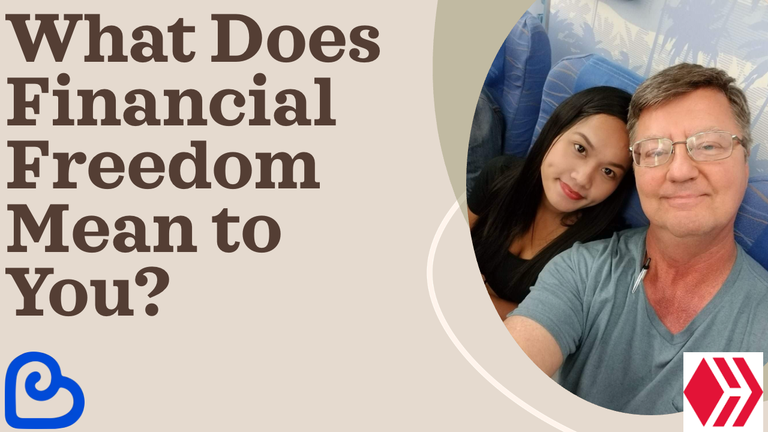
book, he poses some great questions, and I want to address those. I'm gonna hit those on Friday in another set. You know, the book is admittedly geared toward financial planning strategies and wealth preservation, which are great. You should be taking care of that, Provocatively, and I think correctly, it diagnoses the problem we face here in the US, and I think most of us kind of intuitively know this, but we don't like to talk about or face it.
in the introduction, he makes the statement that Americans are losing the game of money. And that may be shocking, but I’d ask a question: Is it true? Well, he then sets the stage to explain why, and it's worth sounding out his points, I think, and giving them some strong consideration because I’ve found in my own life, from what I've observed and what I've read, that he's sadly but accurately correct on this point. as a country, I think we know we've got poor fiscal and monetary stewardship, Just look at our Congress. Our US national debt is at an all-time high of $ 25-plus trillion, and it's growing.
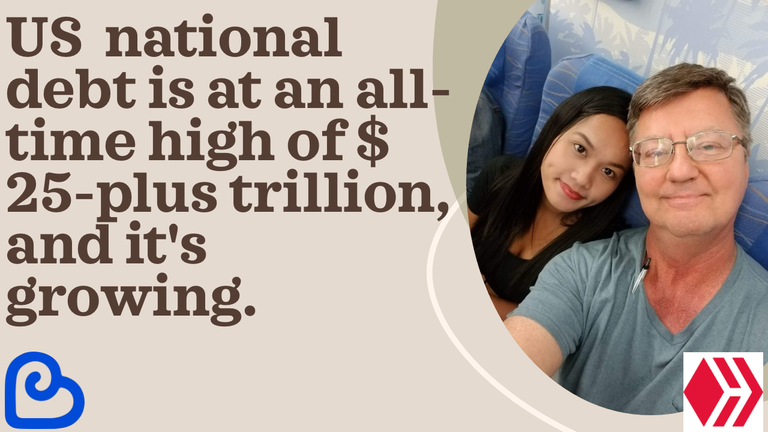
half of our earned income and this is a shocker, I think, to a lot of people goes to taxes when you factor in sales tax, property taxes, utilities, and inflation. That's a start, but the sad reality is we've got to deal with that, right? No wonder it's so hard to make it. We're paying 50% of our income to taxes. Okay, think on that for a while. All right, let
that sink in. Then, we as Americans lack financial education, and we're not taught this stuff in elementary, high school, or even college for that matter. And this is illustrated by what's called the retirement savings gap, which is running about $14 trillion.
Consumer debt is at an all-time high over $20 trillion. Forty-five percent of our workforce has $3,000 saved for retirement. Guys, that's not going to cut it. And according to a study in 2019 by the Federal Reserve, roughly four out of ten Americans wouldn't be able to come up with $400 in a financial emergency. Okay? If they do have an unexpected expense, they have to rely on costly measures like taking out a payday loan or borrowing on a credit card. The problem’s perpetuated. I've been in that boat before. Okay? Less than 20% of the US workforce is highly confident that they'll be able to retire. So what about the other 80%? Guys, what do you do? What do we do? And I can relate because I've been in that situation not too long ago, so I know what it's all about. I know what it feels like.
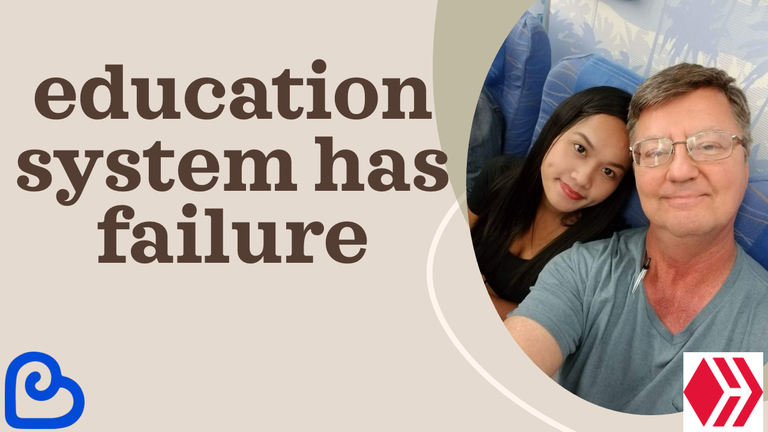
You know, our education system has failed too, and I'm not gonna get into depth on this, but education expenses keep rising, and he says with marginal, if any, improvement in results. And I can document this. I speak of this as one with a four-year degree in business. Okay? And outstanding student debt as a result is over $1.5 trillion. That's a huge number, and not
surprisingly, the student loan default rate is over 50 percent. Wow. He then makes a statement: The typical American narrative of going to school and getting a college education, establishing a high-paying job (we've all heard that before, right?), and then funding our 401(k)—which is really about the only thing available to the average person (the 80%) and then retiring at 65 is not financial freedom. It's diametrically opposed to the American Dream. Okay? That's true or it isn’t. Think about that one. And that's not a positive scenario, but we have to face the reality of it, right? Reality isn't what we want it to be; it's what it is. So then let's ask the question: How would you define financial freedom?
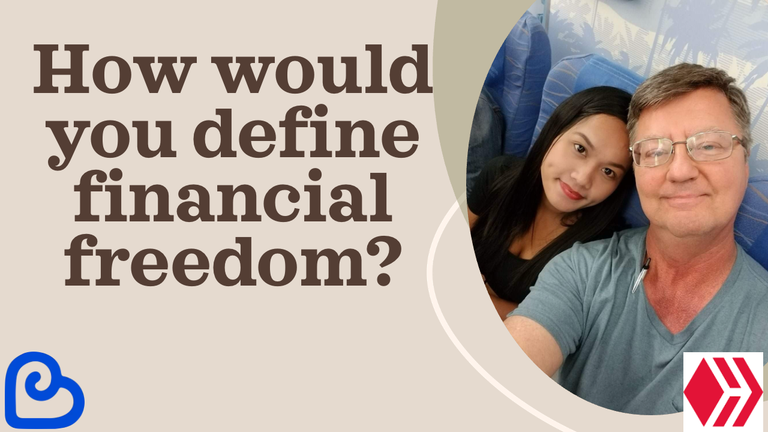
some mention the ability to pay for homes or college tuition (there you go), weddings (if you have children that are gonna be getting married), medical expenses without going into debt. That’s a huge hit on a lot of people. Others talk about growing and protecting their wealth from penalties, like taxes or market losses like we're experiencing right now. Others talk
about simply being able to live comfortably, confident in their financial future. And again, according to statistics, only 20% of people have that. So what do we do if we're in the 80%? You know, maybe travel is a hot button for you.
You're paying cash for a new car. Or how about not having to stress over situations like we're in now with COVID-19, job losses, and furloughs—situations that are beyond our control? Many folks and companies are finding out now that cash is really king, and it is. All of these answers have the same bottom line, according to Donahoe, because money isn't the driving factor in decision-making.
If you're in those situations, this kind of financial freedom is what allows you to create and live the life you want you know, the original promise of the American Dream. And that's hard to do without regular cash flow and smart financial practices and education, you know, that are designed to work for you in the long run. What do you do if you have just a typical job? It's really tough. Imagine what you could be if money was no longer the driving factor in your decisions. What would you do? Ask yourself and think about that one. What he says and I agree is financial freedom. So how do you achieve
that?
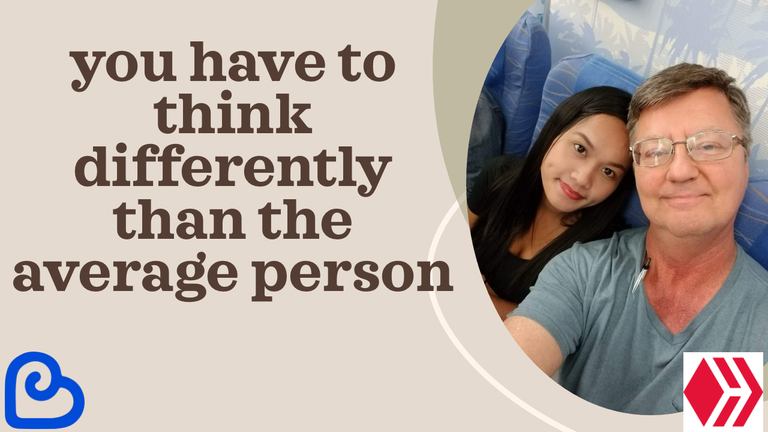
Well, for one, you have to think differently than the average person. If what everybody's doing isn't working (and it’s not 80% aren’t), how are you in the 20%? You have to think for
yourself. That's the key thing that I don't think we really learn too much. The wealthy think differently. The statement by Robert Kiyosaki, the author of Rich Dad Poor Dad: He said, "The rich don't think like the poor; they do the exact opposite." And that's how we need to change our thinking. If what we're doing doesn't work—and apparently, for statistics, 80% it doesn’t—then why are we doing it? And I'm committed to showing you how it's
possible with online business models and leadership teams to work toward helping you define what financial freedom is for you and making it a reality in your life. How can network marketing and partnering with networking company help you get out of the rut and get you on track to
financial freedom? Let's have a conversation about that. Let me know if you'd like to learn more or how it can be a further service to you or if you have questions. Guys, I'm here to help you out.

Servant leadership. You can click on the link TKG leadership
.com for more info on our business lopportunity. Feel free to
hit the subscribe button, of course, and as always, you are welcome to connect with me on social media. I’d love to hear from you, love to start a dialogue with those of you that see yourself in this situation and want to do something
about it.
Join me on Sunday as I expand some more wisdom and words from Heads I Win, Tails You Lose. So tune in. God bless, and
have an awesome Sunday!
Congratulations @vscampbell! You have completed the following achievement on the Hive blockchain And have been rewarded with New badge(s)
Your next target is to reach 4500 upvotes.
You can view your badges on your board and compare yourself to others in the Ranking
If you no longer want to receive notifications, reply to this comment with the word
STOP